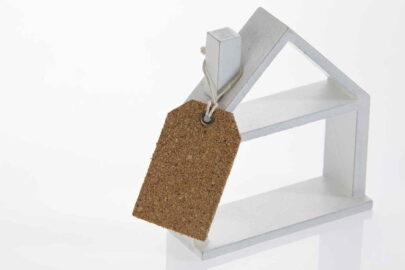The Nationwide Building Society has reported that there was a slowdown in annual house price growth to 1.6% in October from 2.0% in September.
As a result, annual house price growth moved below the narrow range of c.2-3% prevailing over the previous 12 months.
The average price of a home in October was £214,534, down from £214,922 in September.
Robert Gardner, Nationwide’s chief economist, said: “This was broadly in line with our expectations, as the squeeze on household budgets and the uncertain economic outlook is likely to have dampened demand, even though borrowing costs remain low by historic standards and unemployment is at 40-year lows. We continue to expect house prices to rise by around 1% over the course of 2018.
“Looking further ahead, much will depend on how broader economic conditions evolve. If the uncertainty lifts in the months ahead, there is scope for activity to pick-up throughout next year. The squeeze on household incomes is already moderating and policymakers have signalled that interest rates are only expected to raise at a modest pace and to a limited extent in the years ahead.
“Housing market transactions remain relatively subdued, with little change in activity in recent years. There were 1.2 million transactions in the 12 months to September 2018, still 30% lower than the levels seen in the same period in 2007.
“There has, however, been a significant change in the pattern of housing transactions over the past decade.
“In the immediate aftermath of the financial crisis, cash transactions proved more resilient. This is because cash buyers were less impacted by the tightening in credit conditions and the deterioration in labour market conditions, which reduced the number of people able to buy with a mortgage.
“Cash purchases have remained buoyant during the recovery period. This is partly due to the growth of the private rental sector, where the majority of transactions are in cash. Demographic trends also partly explain this trend, where an increasing proportion of people own their homes outright and therefore transact in cash when they move.”
Jonathan Samuels, CEO of Octane Capital, added: “The property market appears to have gone back like the clocks. October was the month things got noticeably darker on the house price front.
“Brexit is drawing ever closer and the great unknown it represents is undermining confidence and dragging on transaction levels. A robust jobs market and continued low borrowing rates are preventing an outright collapse, despite high living costs and interest rate uncertainty.
“Amid all the turmoil, first time buyers are ironically proving the most active of all. In the current buyers’ market, with Help to Buy and low borrowing rates, they’re using the uncertainty to their advantage.”
